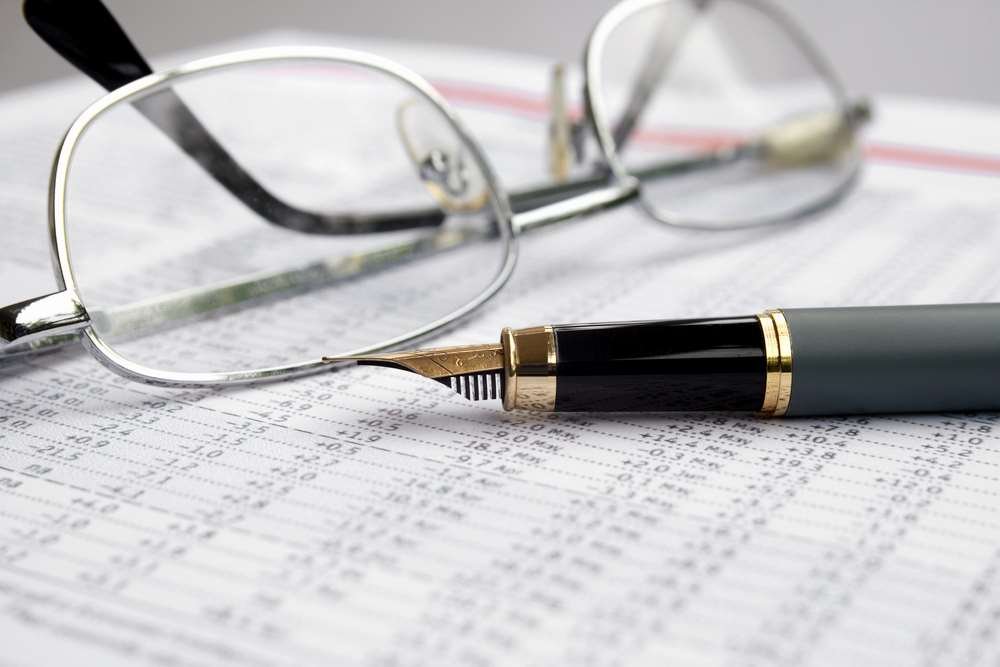Consider this before filing for bankruptcy
Published by Gbaf News
Posted on November 9, 2018
4 min readLast updated: January 21, 2026

Published by Gbaf News
Posted on November 9, 2018
4 min readLast updated: January 21, 2026

Filing for bankruptcy is not for the faint-hearted. It might be one the last respite to spiraling into a cycle of debt and give you a breathing space and a chance to regroup and refocus on your financial situation.But even though it might save you from losing the things that you value most for you and your family, there are some drawbacks to filing for bankruptcy. Let us first look at what happens when you actually file for it.
You might have to undergo a bankruptcy counseling session to obtain a certificate before bankruptcy can be discharged. You get your creditors off your back as the law dictates that they can’t hold you against past due credits. You also avoid repossession and foreclosure proceedings. You are also issued an Order for Relief by the court, including what is known as an “automatic stay” that basically stops creditor from all collection actions. However, foreclosure actions may be reinstated if lenders file a “motion of relief”.
Your credit cards will be without balance for quite a long time as it has to be declared in the bankruptcy or you could face allegations of committing fraud. If you are a student, you will still have to pay student loan if you have one as they are not included in bankruptcy. However, student’s loan can be discharged if you can prove that you are physically unable to work.
Pros:
Cons:
Explore more articles in the Finance category
